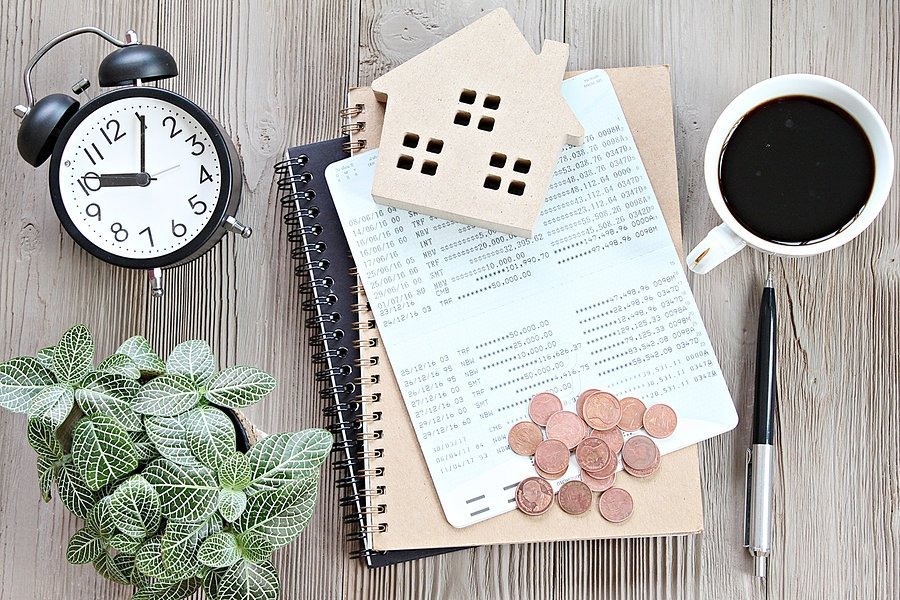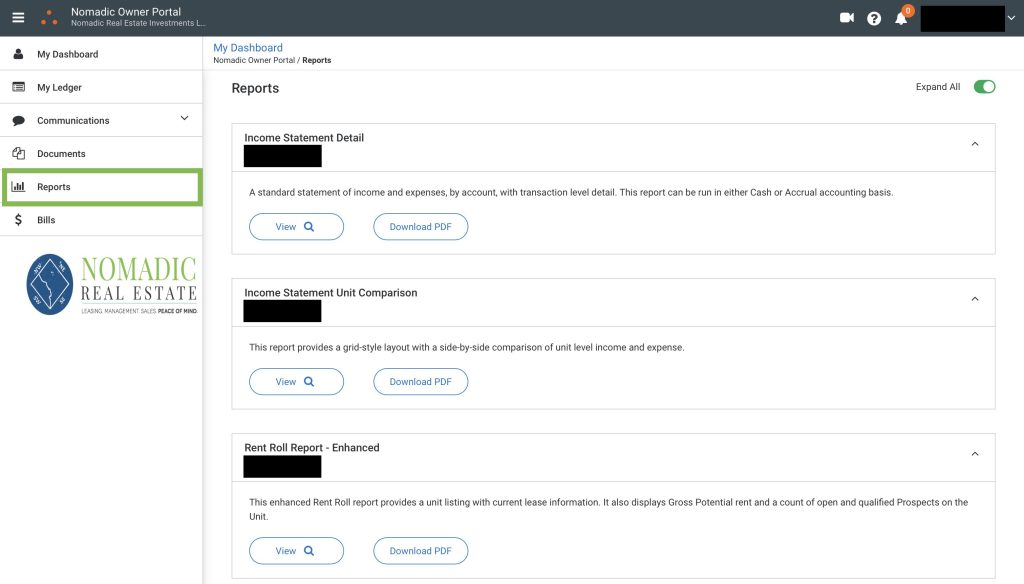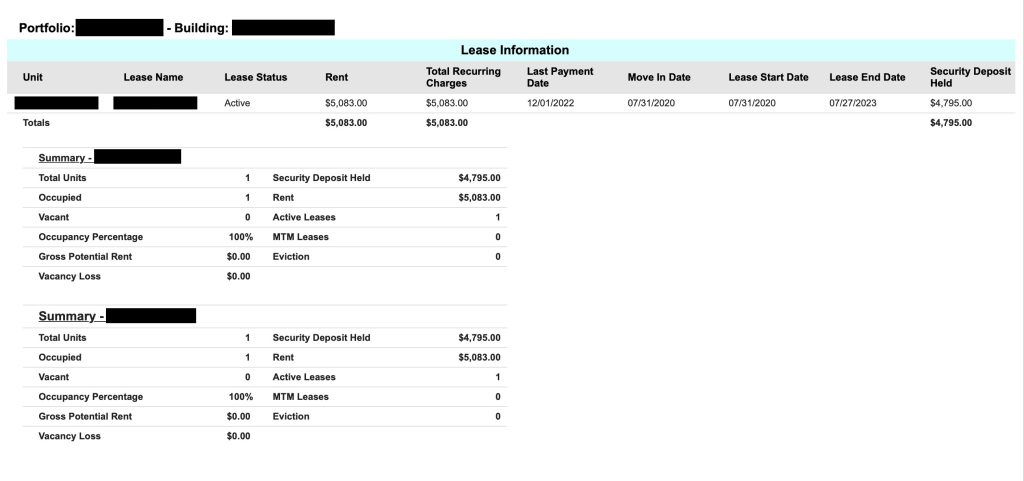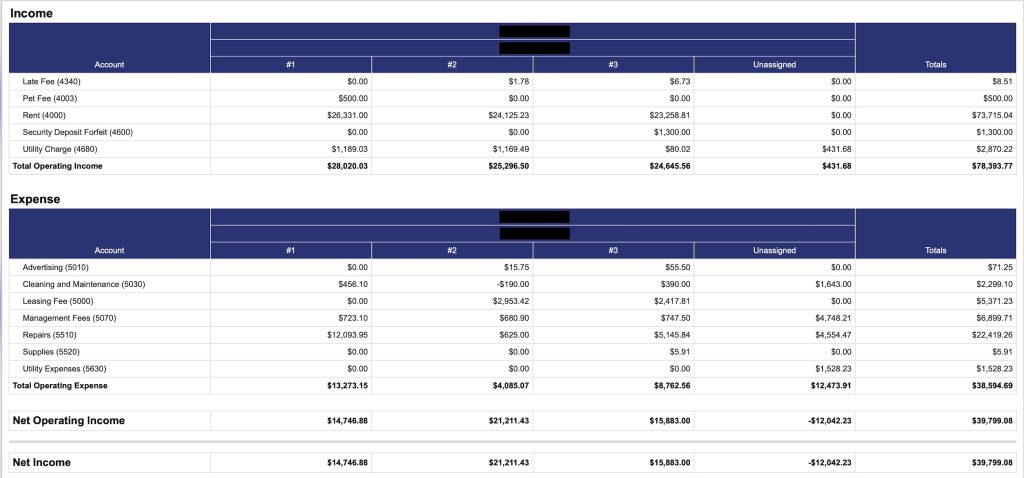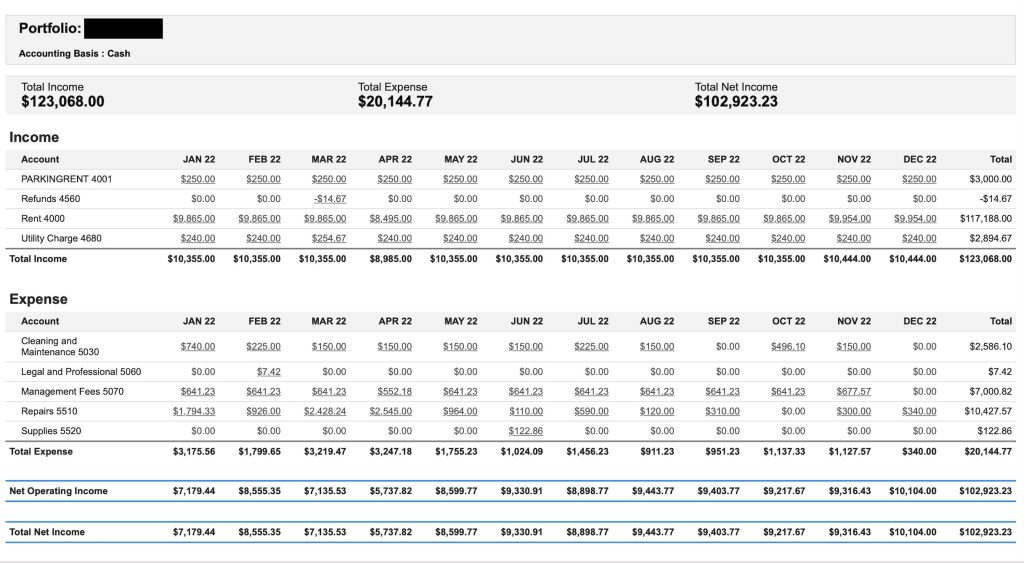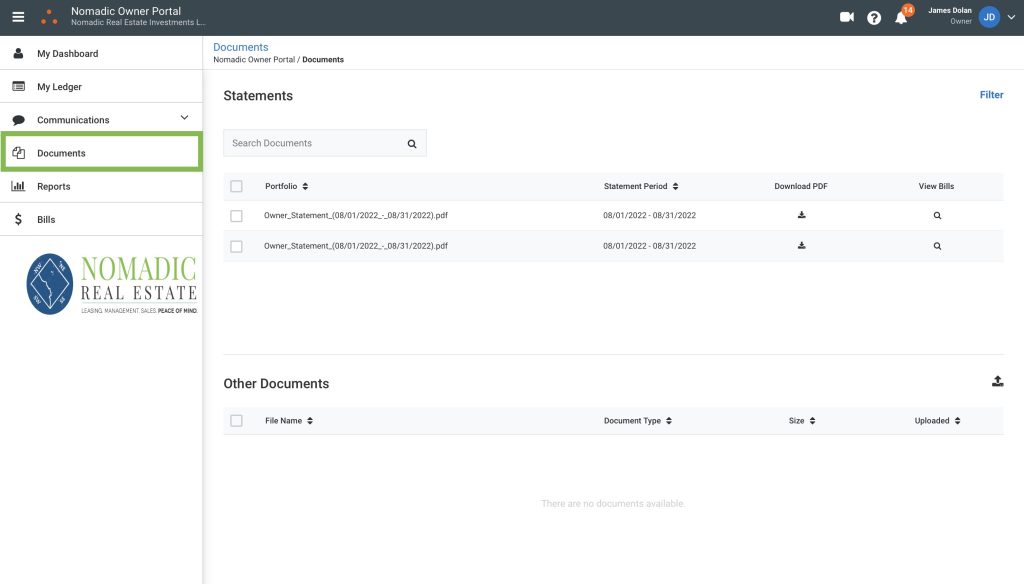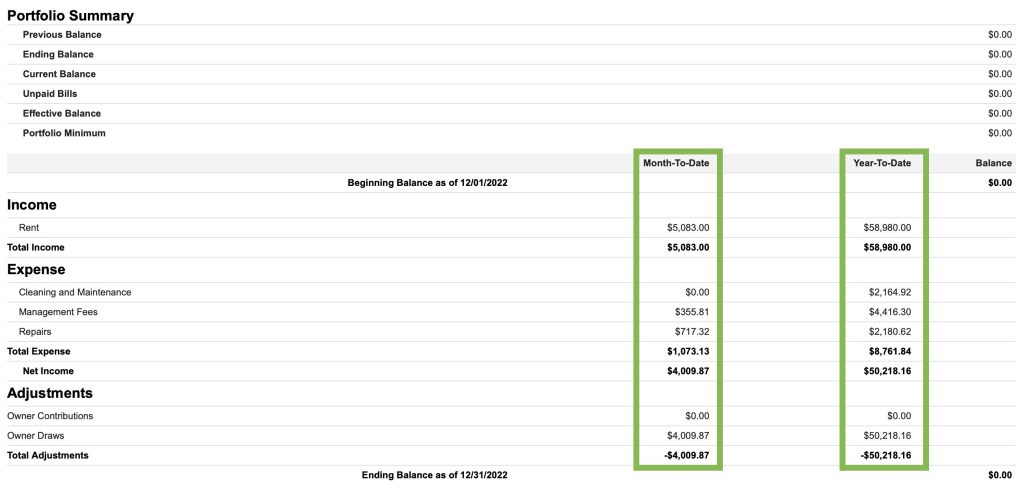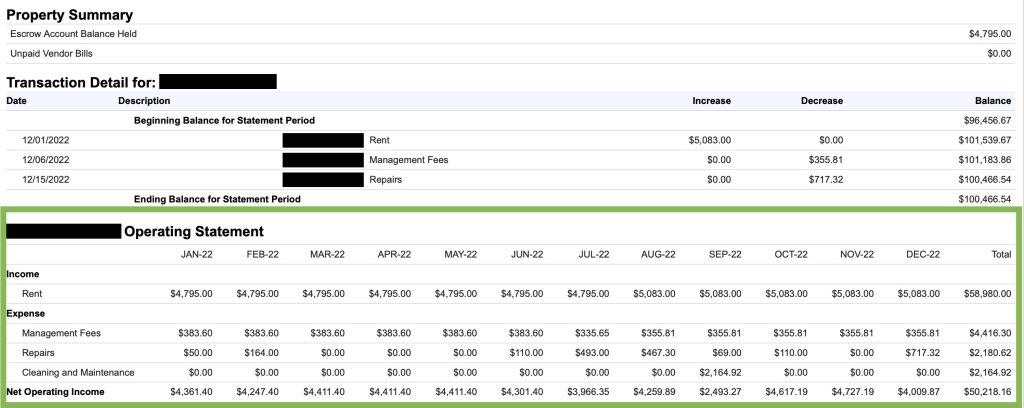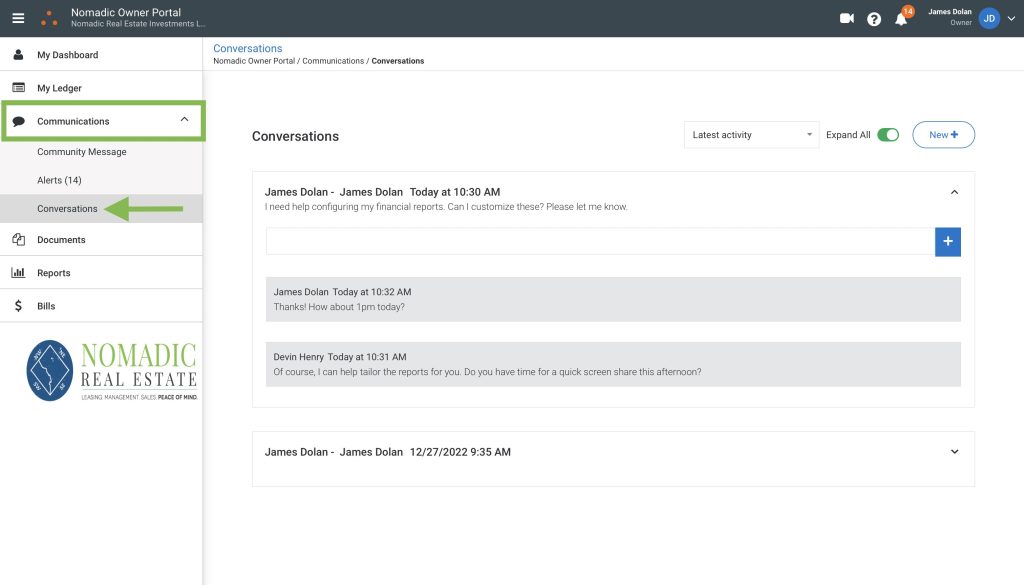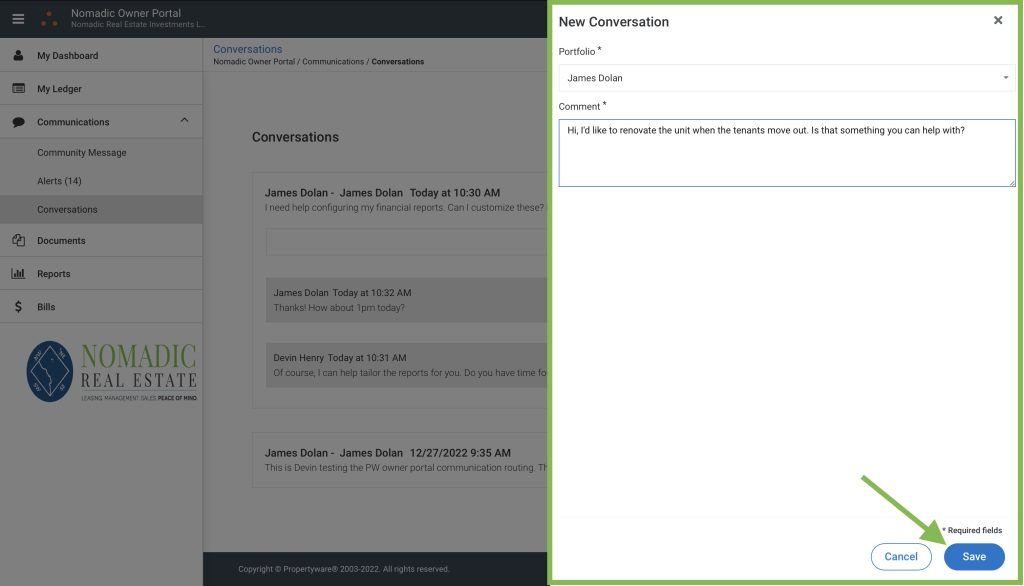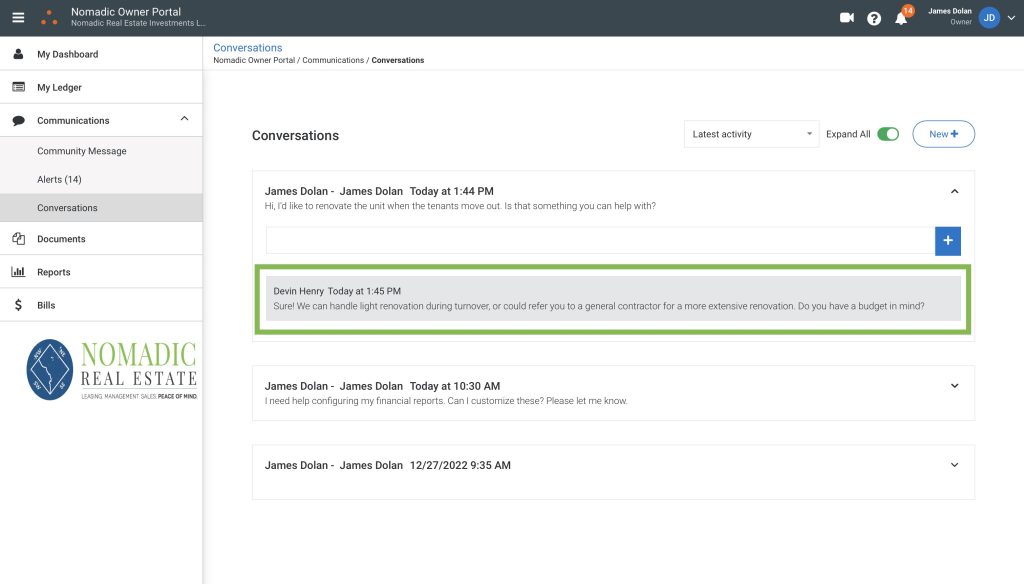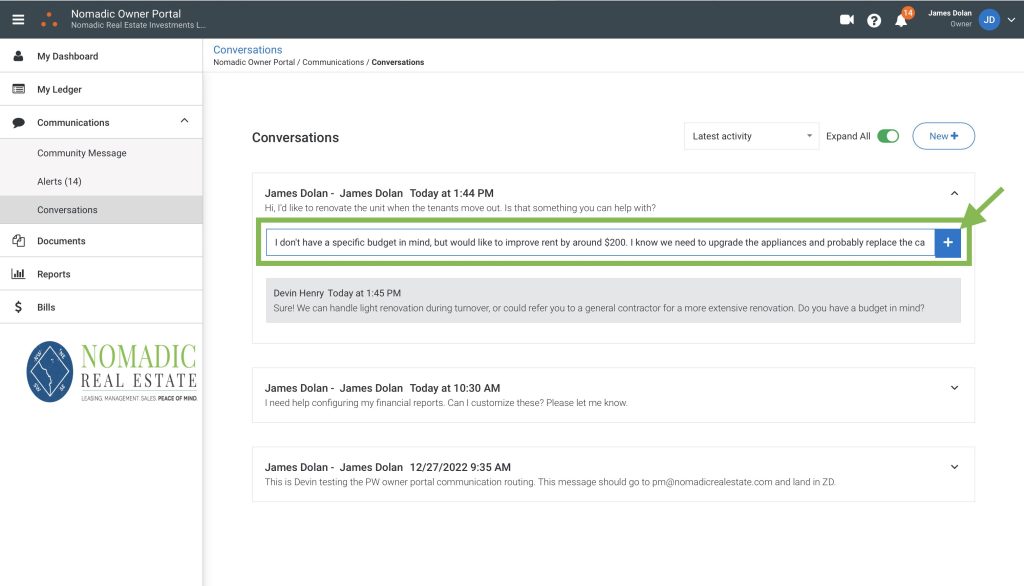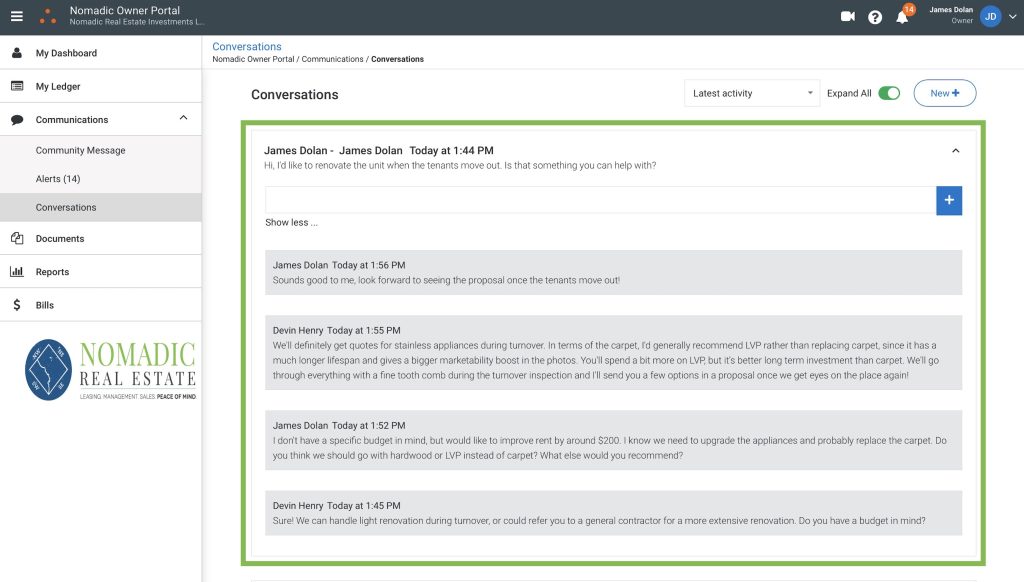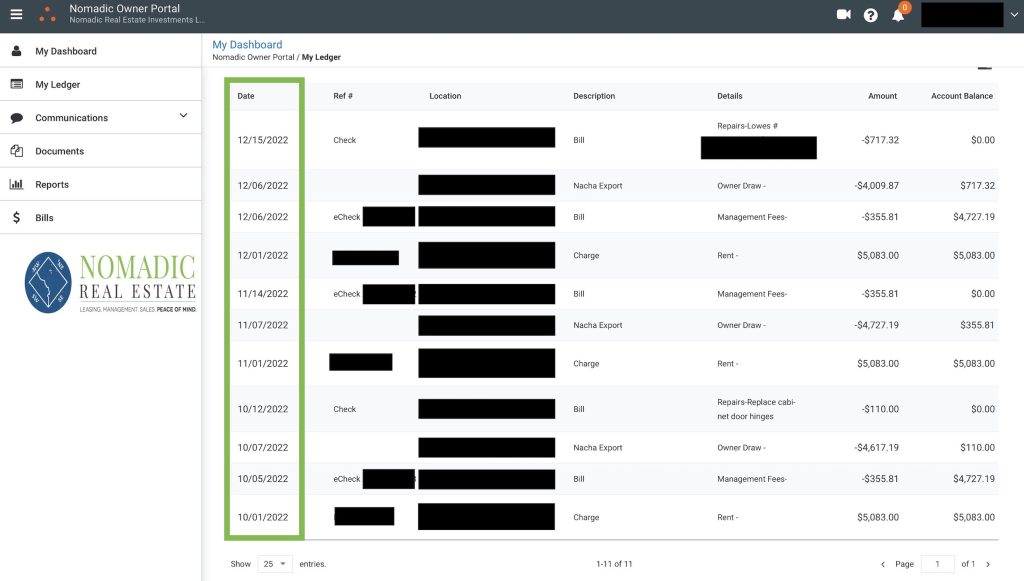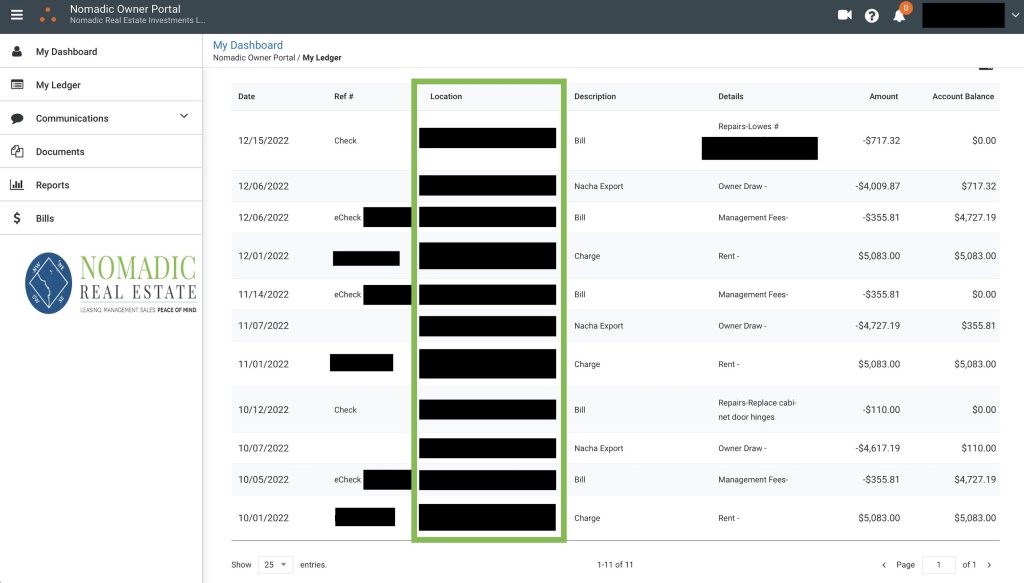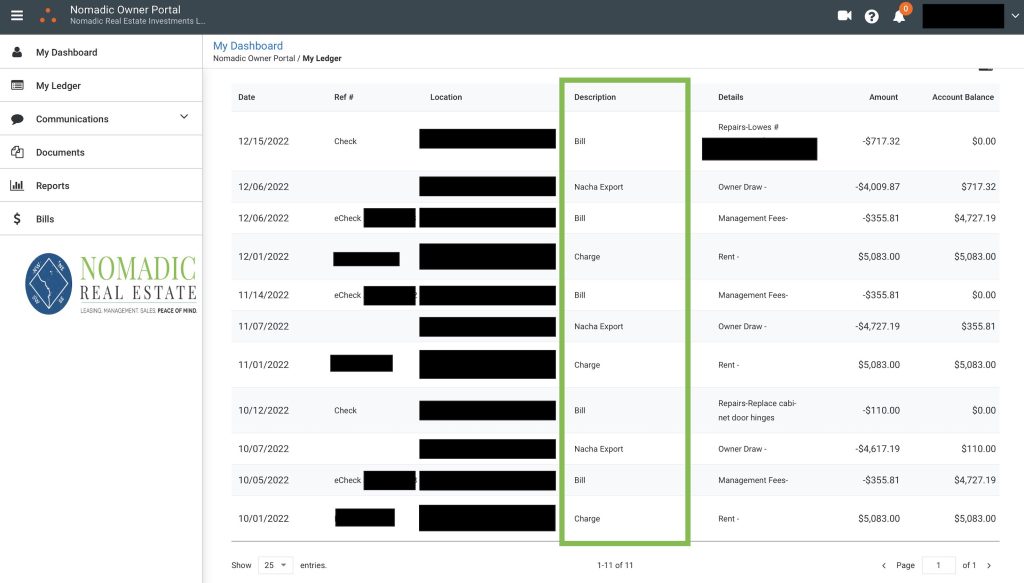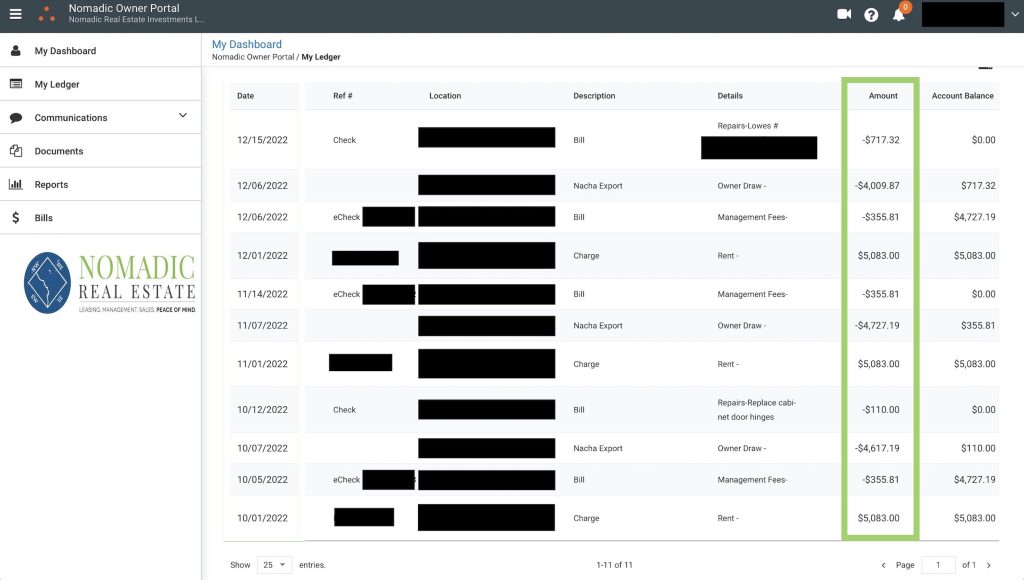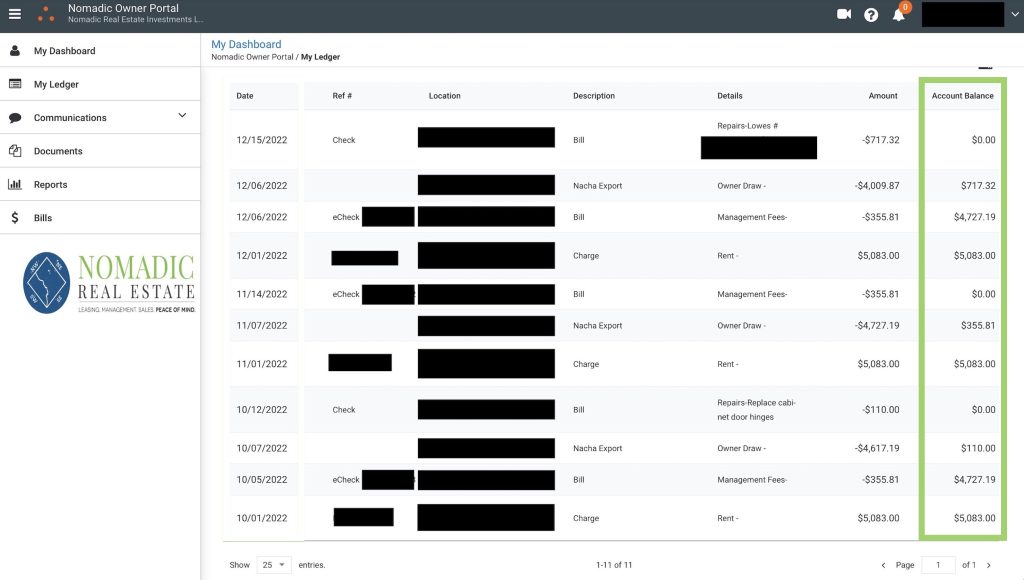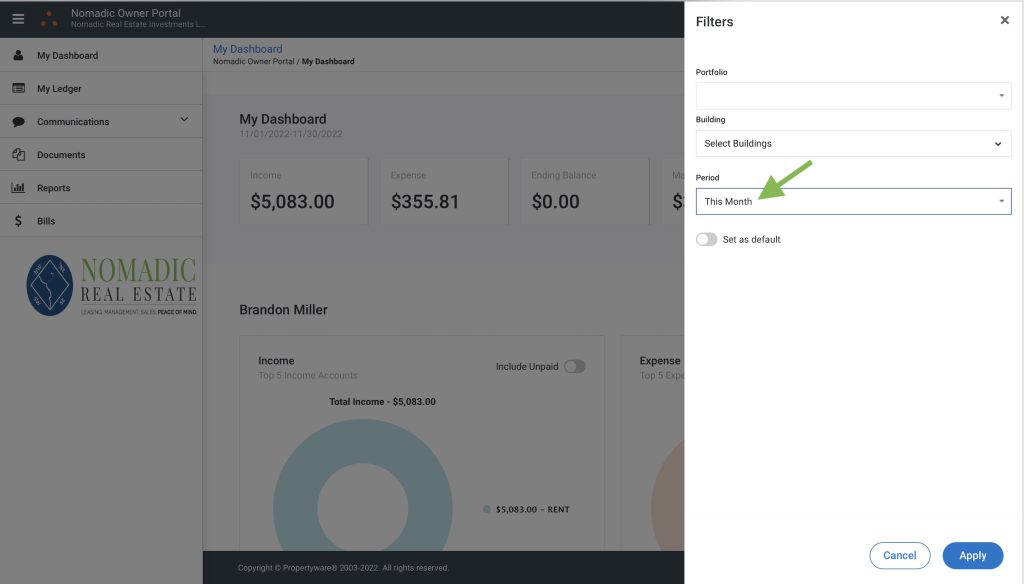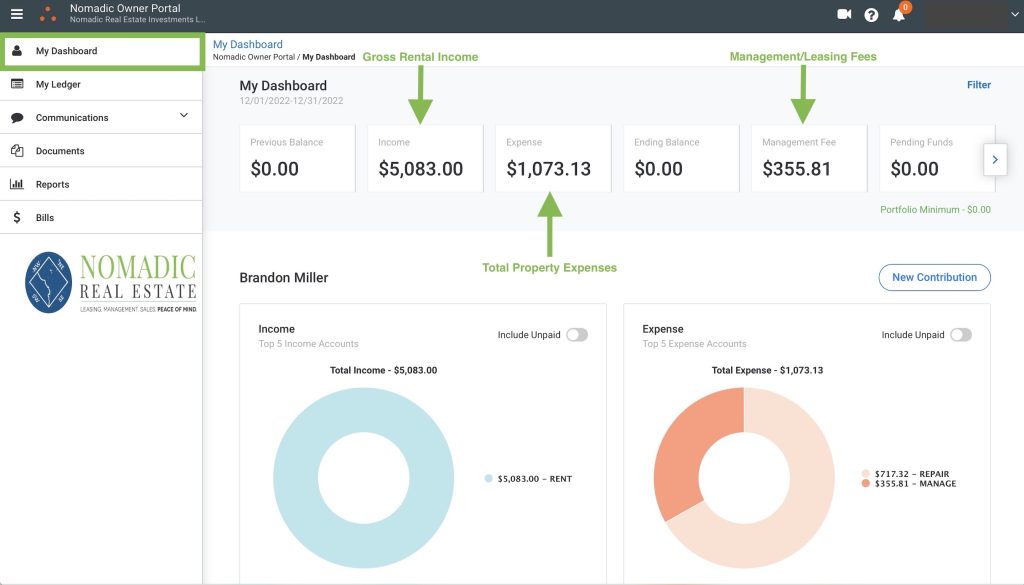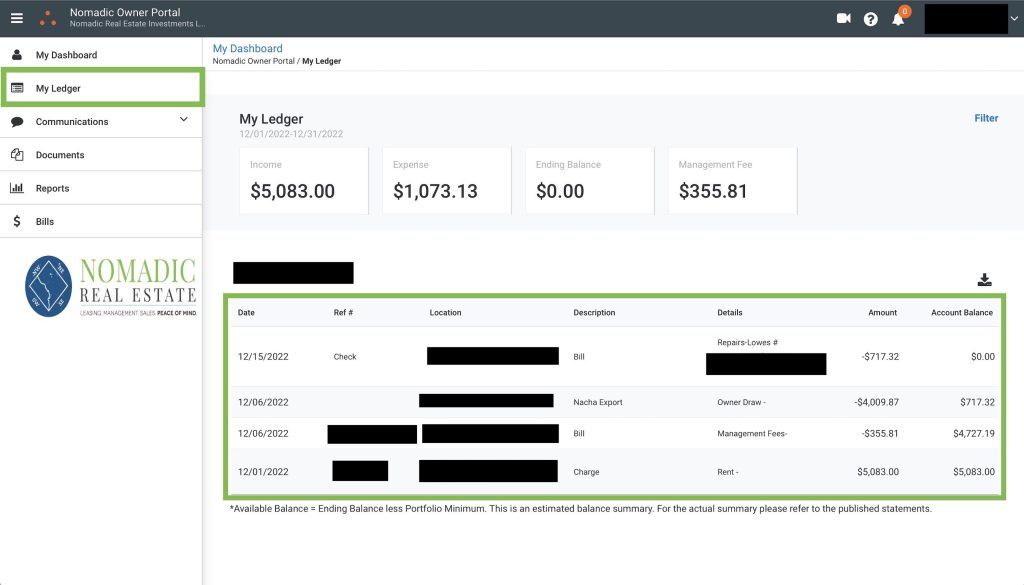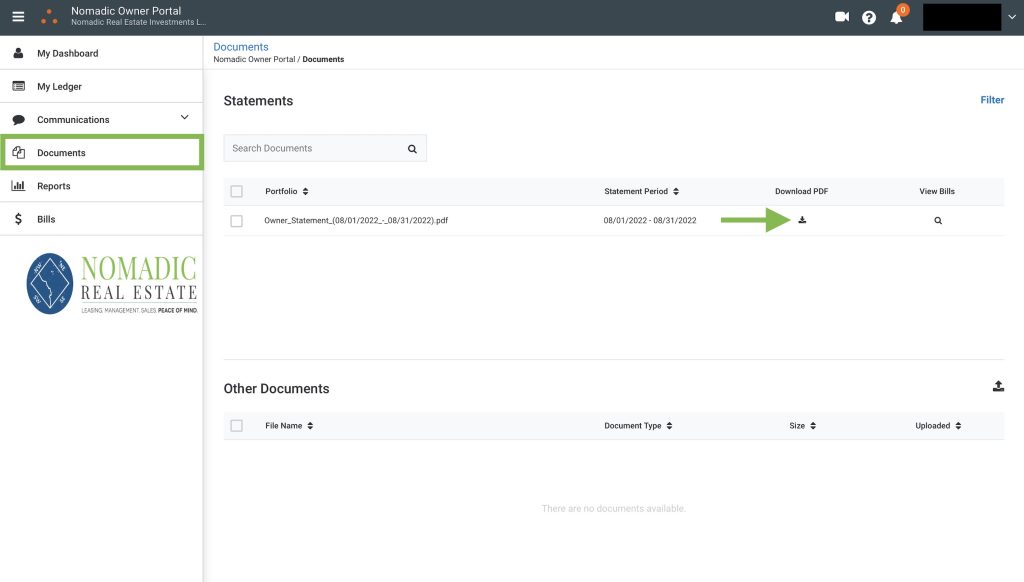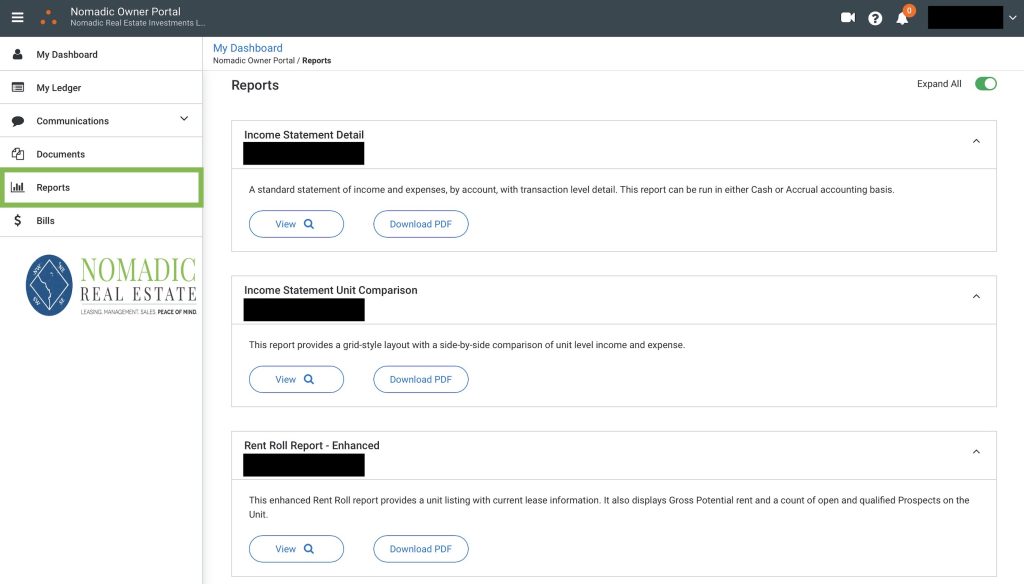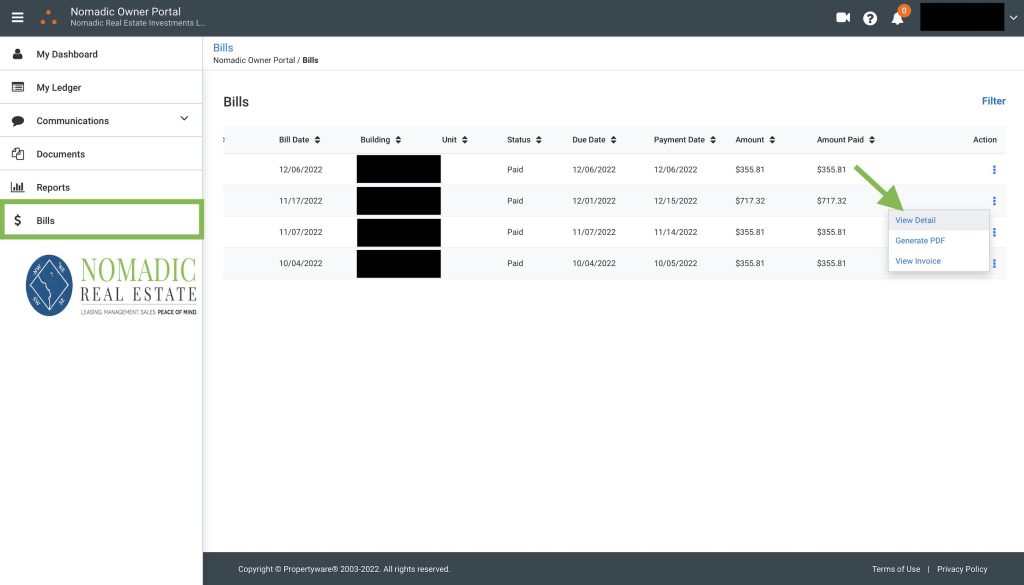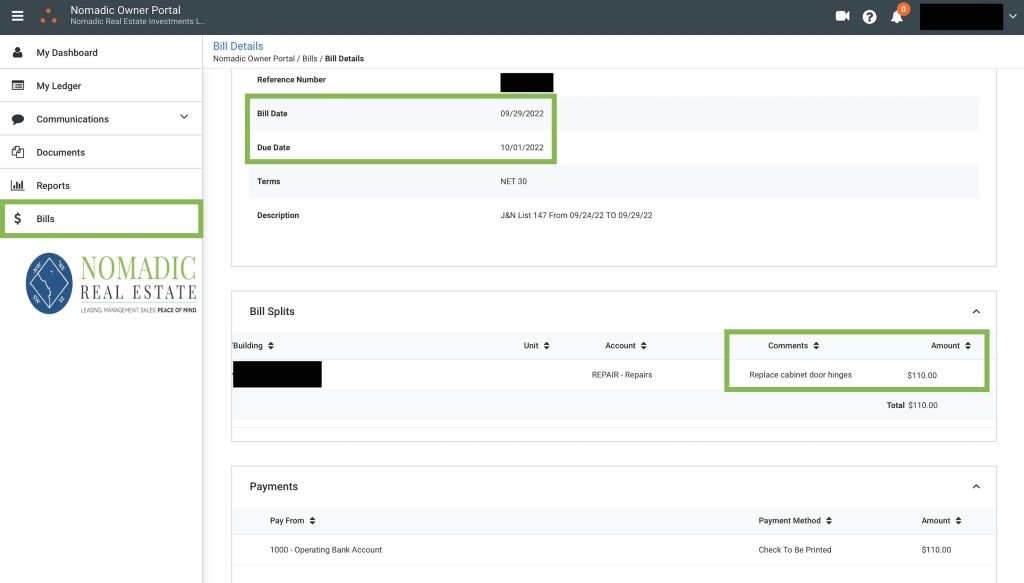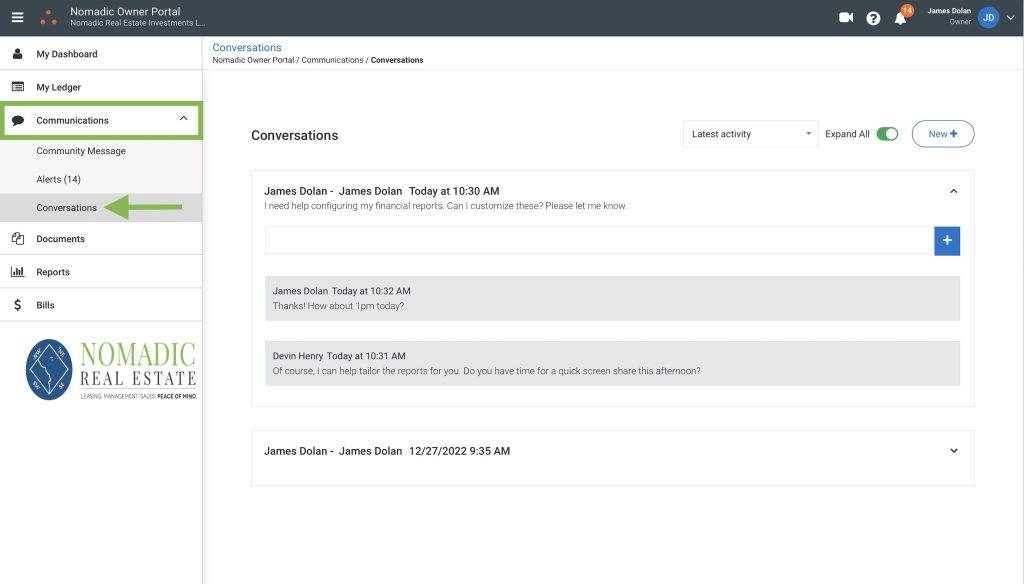For many people, investing in real estate is a smart financial decision. When you choose to monetize your real estate, you have the chance to make a sizeable income over a long period of time. While many people agree that investing in income-producing real estate can be a very lucrative endeavor, they have a hard time deciding which type of investment would be right for them.
Most real estate investors chose between either owning their rental property and REITS. This can sometimes be a hard decision to make as both of these options have several advantages and disadvantages. In order to help you decide which investment would be right for you, here is a look at the differences between owning rental property and REITS.
What is a REIT?
REITs stands for “real estate investment trust.” With REITs, you are able to invest in an income-producing property without having to actually own the property. This form of property investment is favorable for people who would like to earn money from a property without having all of the responsibility that comes with ownership.
There are several benefits that come from REITS, which include:
- Upfront Investment. Unlike owning a property, REITs allow you to invest a certain amount of money upfront and you don’t have to worry about investing in upkeep and other maintenance issues with the property. This is referred to as passive investing. Many investors prefer this as it allows them to just provide the capital and they don’t have to get their hands dirty.
- Liquidy. With REITs, you can buy and sell your share of the property at any time.
- No Experience Required. REITs allow you to only provide the capital. This means that you are not managing the property, therefore, you do not need to have any experience with real estate investing in order to make your investment successful.
- Low Investment Requirements. REITs can come with a very low upfront investment. Publicly-traded and public non-traded REITs usually come with the lowest cost of entry.
REITs come with several advantages and are usually chosen by people who are looking for an investment that comes with low costs and minimal work. However, there are a few drawbacks to investing in REITs. Some of the disadvantages of REITs include:
- Limited Amount of Control. REITs offer investors a minimal amount of responsibility. However, less responsibility also means less control. When you invest in REITs, you don’t have any say in the operations or how the property will be used.
- Volatility. If you are investing in publicly-traded REITs, you are dealing with an investment that is bought and sold on the stock market. This means that the value of your investment could be prone to rapid fluctuations.
- A Decrease in Portfolio Diversity. Because the value of publicly-traded REITs fluctuates so much, it is hard to establish a diverse portfolio of public market investments.

Owning Rental Property
Owning your own rental properties requires you to take a more active role in your investments. However, over time, it can give you a substantial financial reward. Because you own these properties, you could benefit from tax advantages, as well as having a more immediate return on investment.
Some of the benefits of purchasing your own rental properties include:
- Increases Equity. One of the advantages to owning property is the appreciation value. Over time, many properties will appreciate, which gives the owner several benefits in the form of equity. According to Zillow, on average, a home can appreciate about three to five percent each year. Depending on the location and condition of the property, it could be worth a lot more money after you have owned it for only a few years.
- Reliable Income. When you own a rental property, you will have your tenants sign a lease where they agree to pay you a certain amount of money every month. This means that you will have a steady and regular flow of income each month.
- Tax Deductions. If you own the rental property, there are certain tax deductions that you may qualify for each year. If you have spent money on repairs, materials, insurance, or advertising, you may be able to deduct those expenses from your taxes.
- Retain Control. When you rent a property to someone, they are able to use it regularly, however, you are still the owner. This basically means that you are still in control of the property. You get to decide how much to charge your tenants each month, how the property will be used, and what renovations need to be done. At the end of the day, you have the final say-so when it comes to any decisions that need to made about the property.
In addition to the many benefits of owning a rental property, there are also a few disadvantages. Here is a list of a few of the drawbacks to owning rental property:
- Property Management. Unlike investing in REITs, owning your own property does require some work. It is up to you to find tenants, make sure they pay you, ensure that that they abide by the rental agreement, and provide any maintenance that the property may require. Luckily, there are several property management companies out there to help lighten your workload.
- Required Expertise. When investing in a rental property, you don’t need to be a pro-investor to get started, but you do need to have a little bit of knowledge about the property that you are buying. Before you buy the property, you will need to calculate maintenance cost, the expected occupancy rate, and estimated man-hours that will be required to get the property ready to rent. Without knowing this information, you could end up paying more for the property than what you will get in return. It is always a good idea to do an extensive amount of research about the property before buying it.
- Larger Initial Investment. Because you are purchasing the entire property, you will be required to either pay for the property upfront or put down a substantial down payment on the mortgage.
Are REITs Right For You?
Both owning a rental property and investing in REITs have their advantages and disadvantages. If you do decide to purchase your own rental property, Nomadic Real Estate can help take some of the burdens off of your shoulders. Our team of highly-trained professionals can provide you with property management solutions as well as leasing and sales service. We can help ensure that your investment gets off on the right foot and help you manage it so that it can continue to be profitable for years to come.

